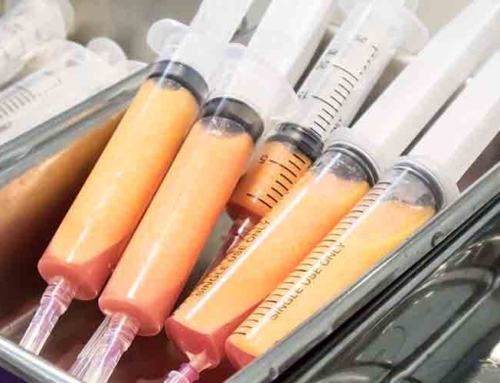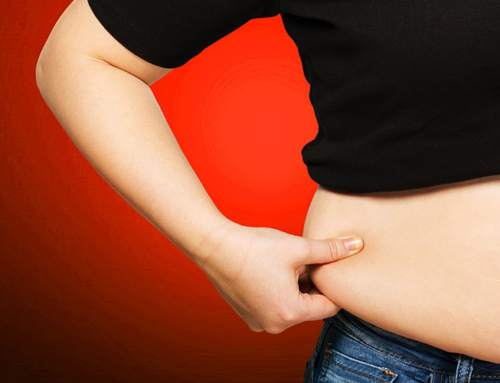It has been established that smoking related diseases increase both anesthetic risks, as well as risks of complications during surgery and recovery.
Smoking is known to:
• starve your heart of oxygen
• form blood clots in your veins
• find it harder to breathe during and after surgery
• increase you risk of infection
• impair the healing of bones, skin and wounds
• change the breakdown of certain drugs in your body
Generally speaking, it is recommended that patients abstain from smoking for as long as possible before and after surgery, but even quitting for a brief period is still beneficial. Twelve hours after a person quits, his or her heart and lungs already begin to function better as nicotine and carbon monoxide levels drop. It takes less than a day for blood flow to improve, which reduces the likelihood of post-operative complications.
According to the American College of Surgeons, “quitting 4 to 6 weeks before your operation and staying smoke-free 4 weeks after it can decrease your rate of wound complications by 50 percent. Quitting permanently can add years to your life”.
In Body contouring surgery such as tummy tuck surgery, smokers carry a higher risk of wound healing complications and vascular compromise of their skin flaps. Not to mention cough that associates smoking can exert more pressure and tension on their muscle repair adding to their pain and discomfort. Moreover, smokers are more prone to lung complications and infections that will further compromise their healing and prolong their recovery.
Combining fat transfer (BBL) with abdominoplasty will make matters even worse. BBL usually entails turning the patient on their stomach or sideways while intubated. This will lead to irritation of their already irritated upper respiratory passages making their recovery after this long procedure more difficult, longer and with higher incidence of complications.
Regardless of the amplitude of your surgery, I recommend that all surgical patients abstain from smoking for as long as possible before and after surgery.
References:
1. http://www.quit.org.au/about/frequently-asked-questions/how-does-smoking-affect-my-body/smoking-and-surgery.htm
2. https://www.facs.org/education/patient-education/patient-resources/prepare/quit-smoking










